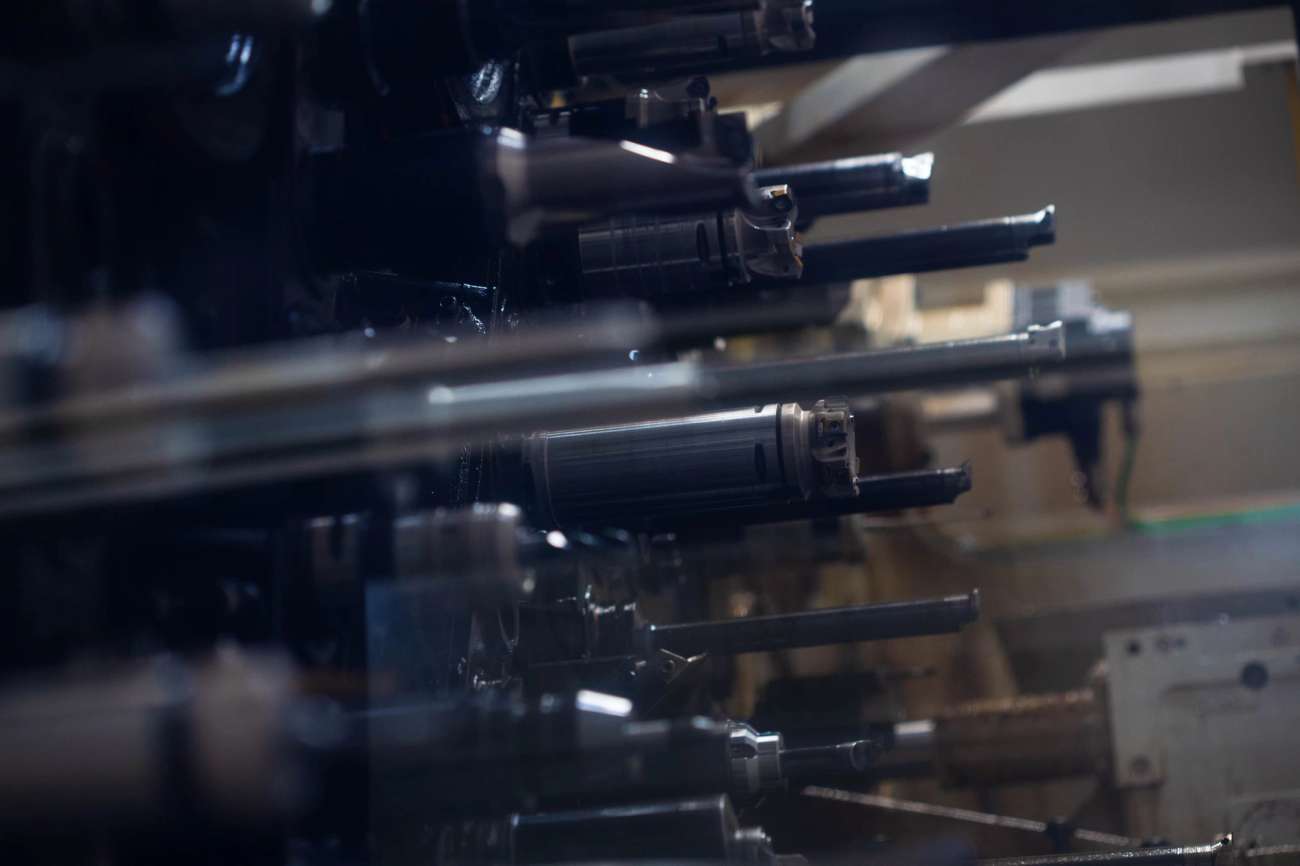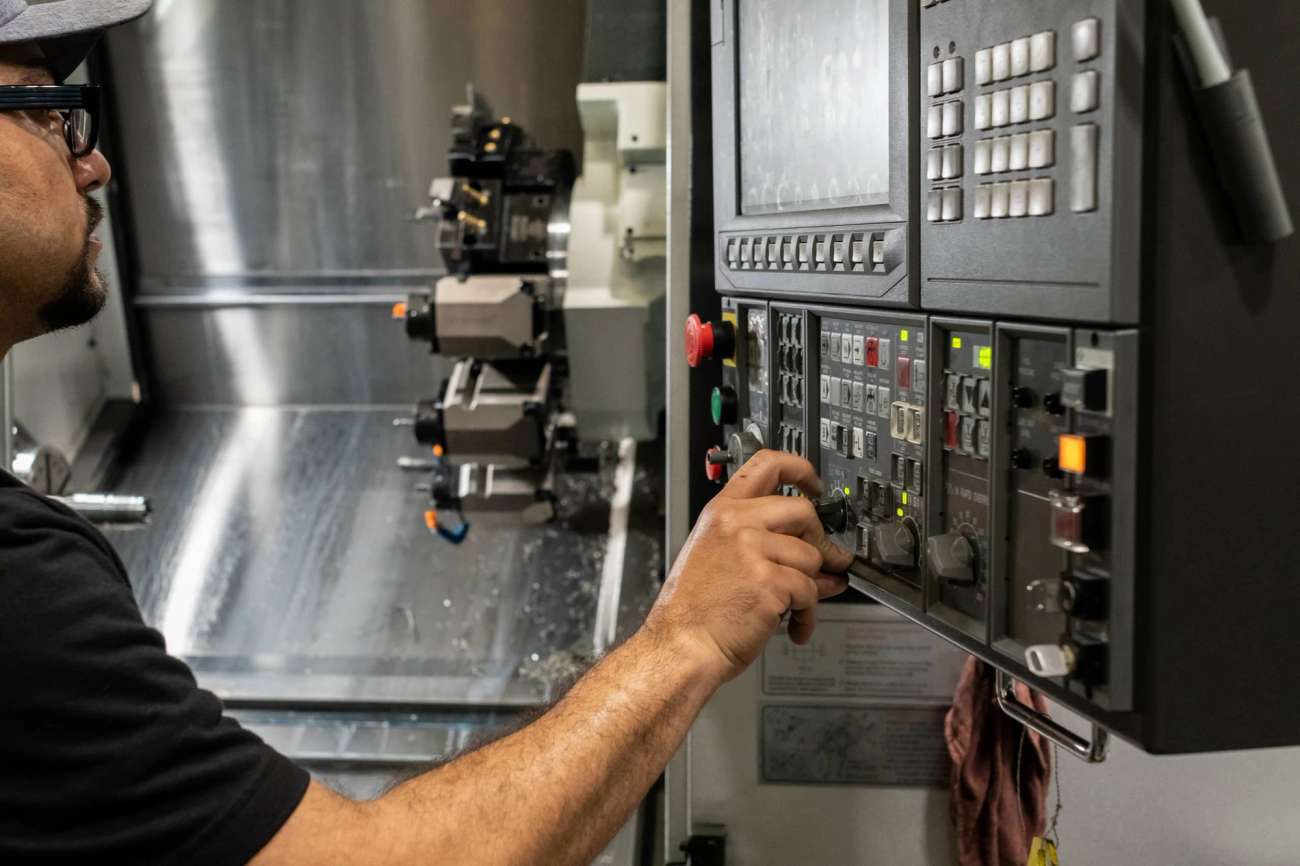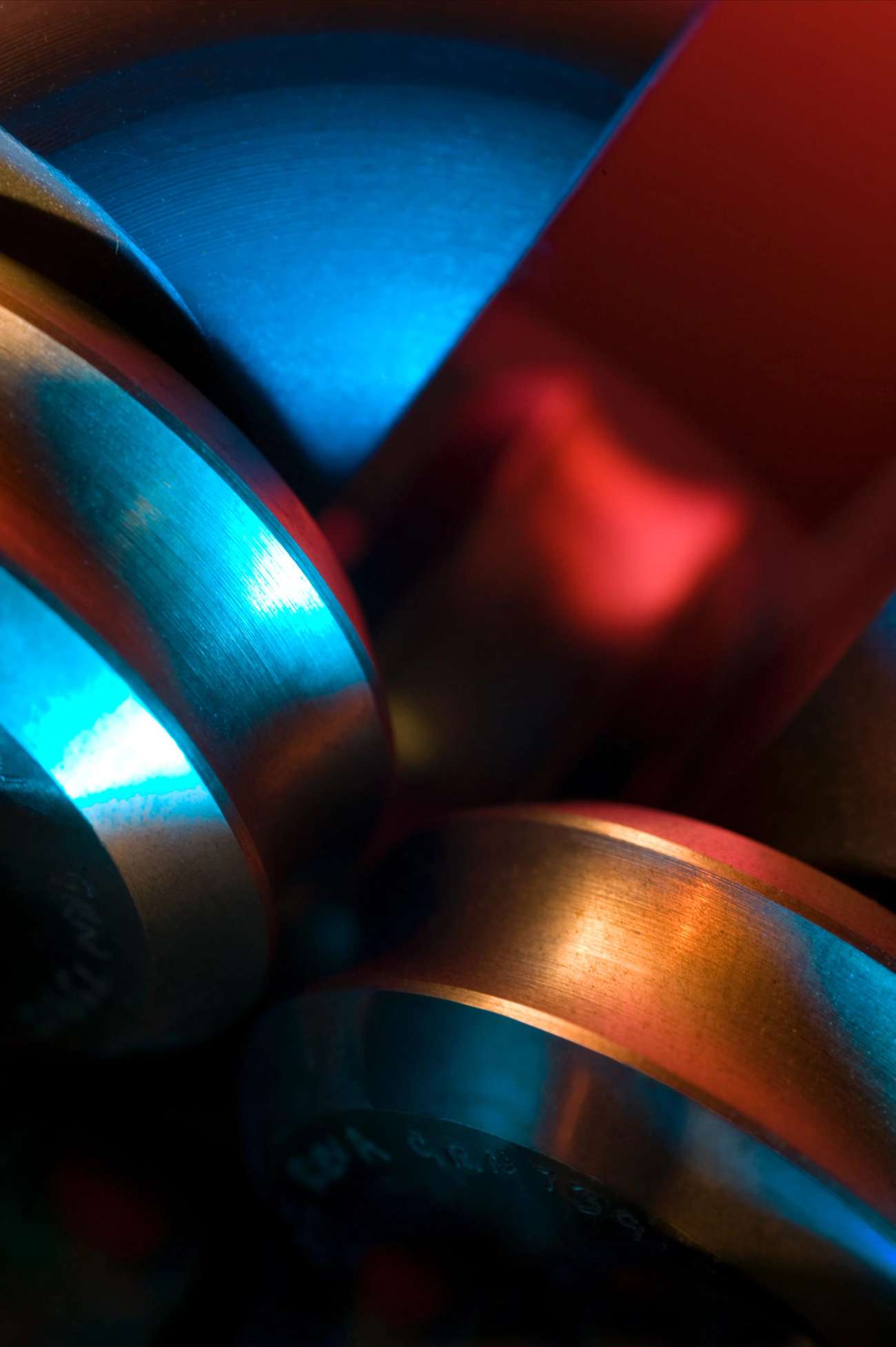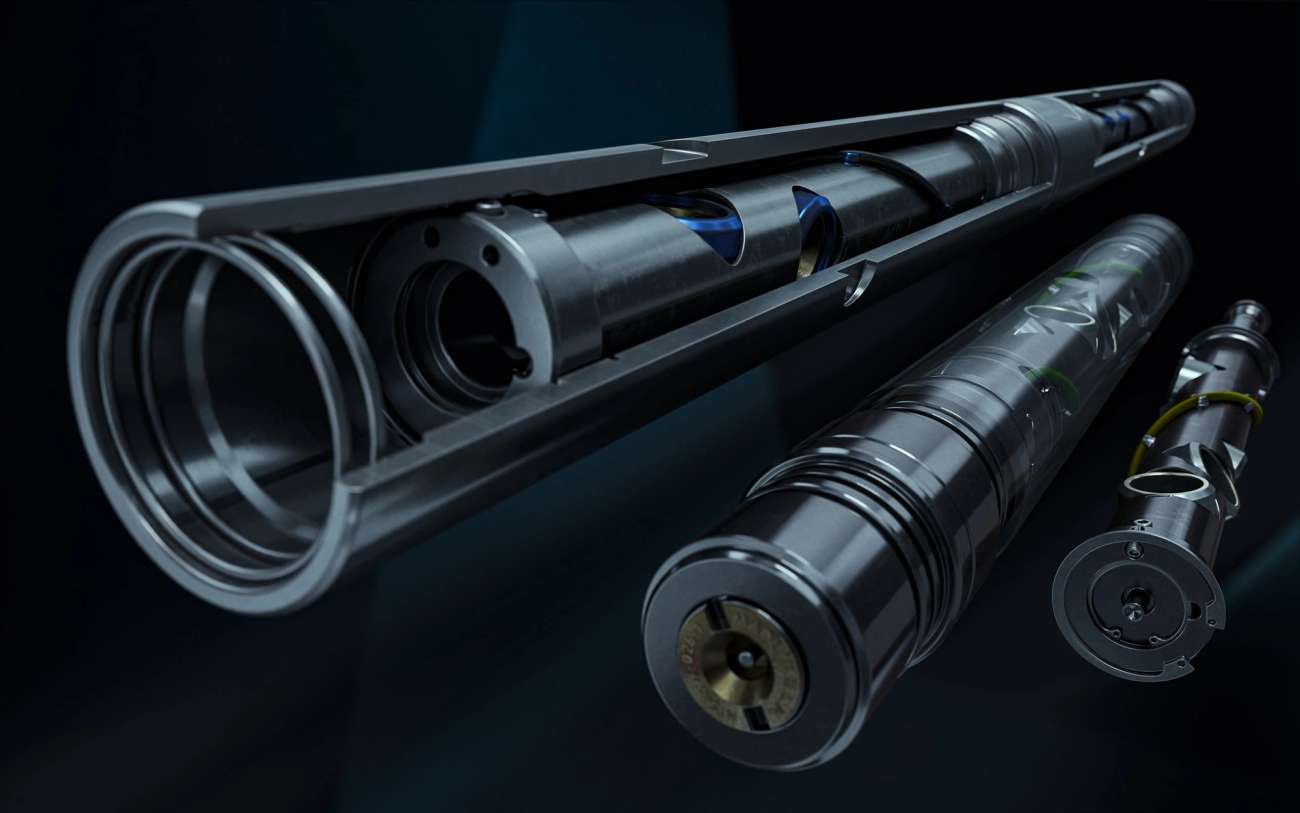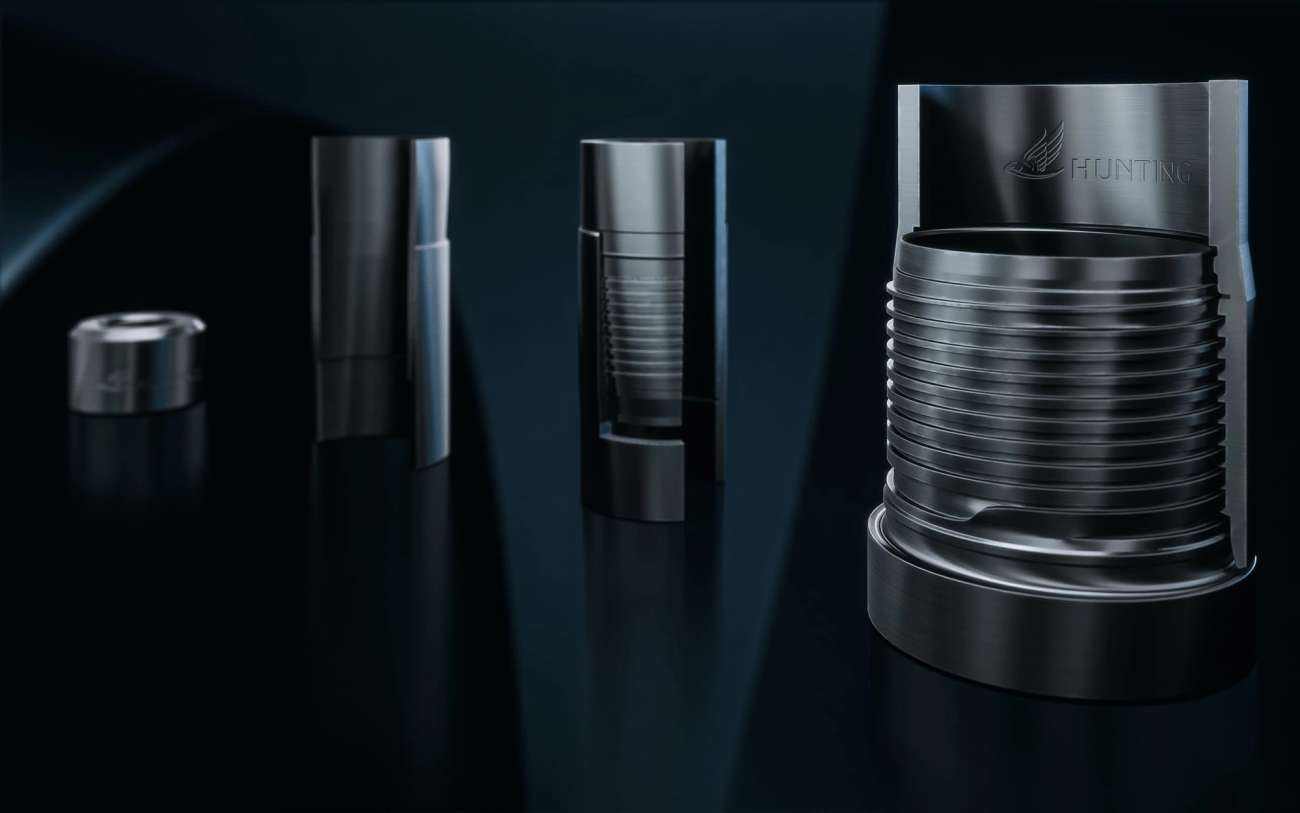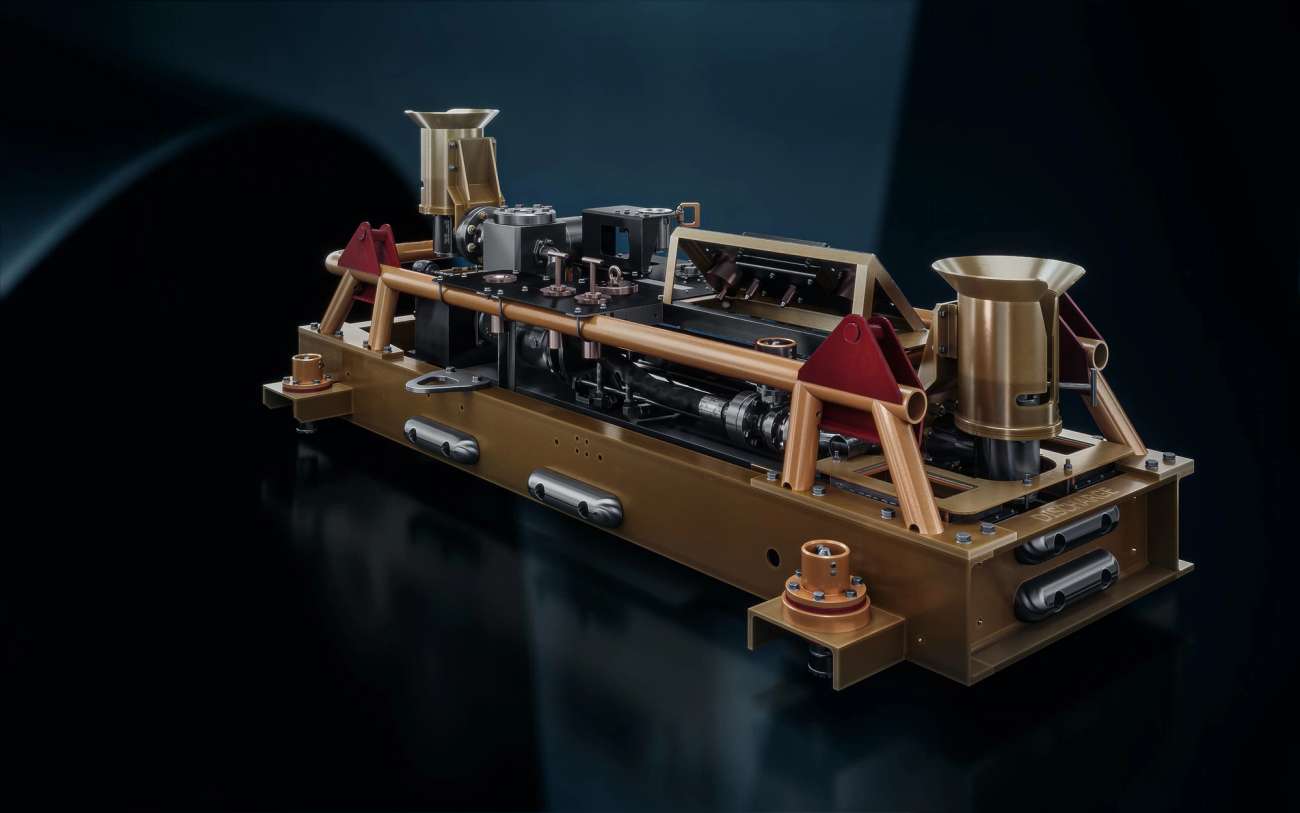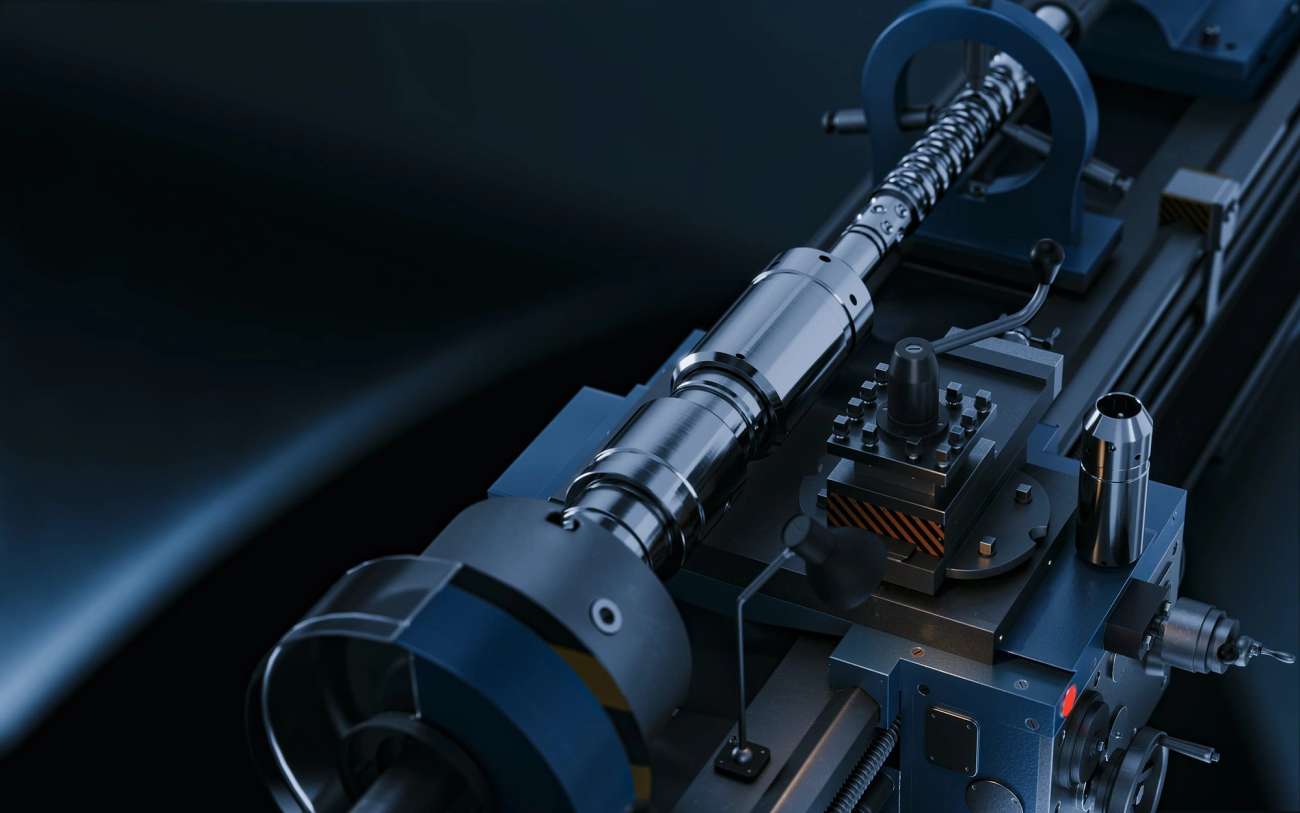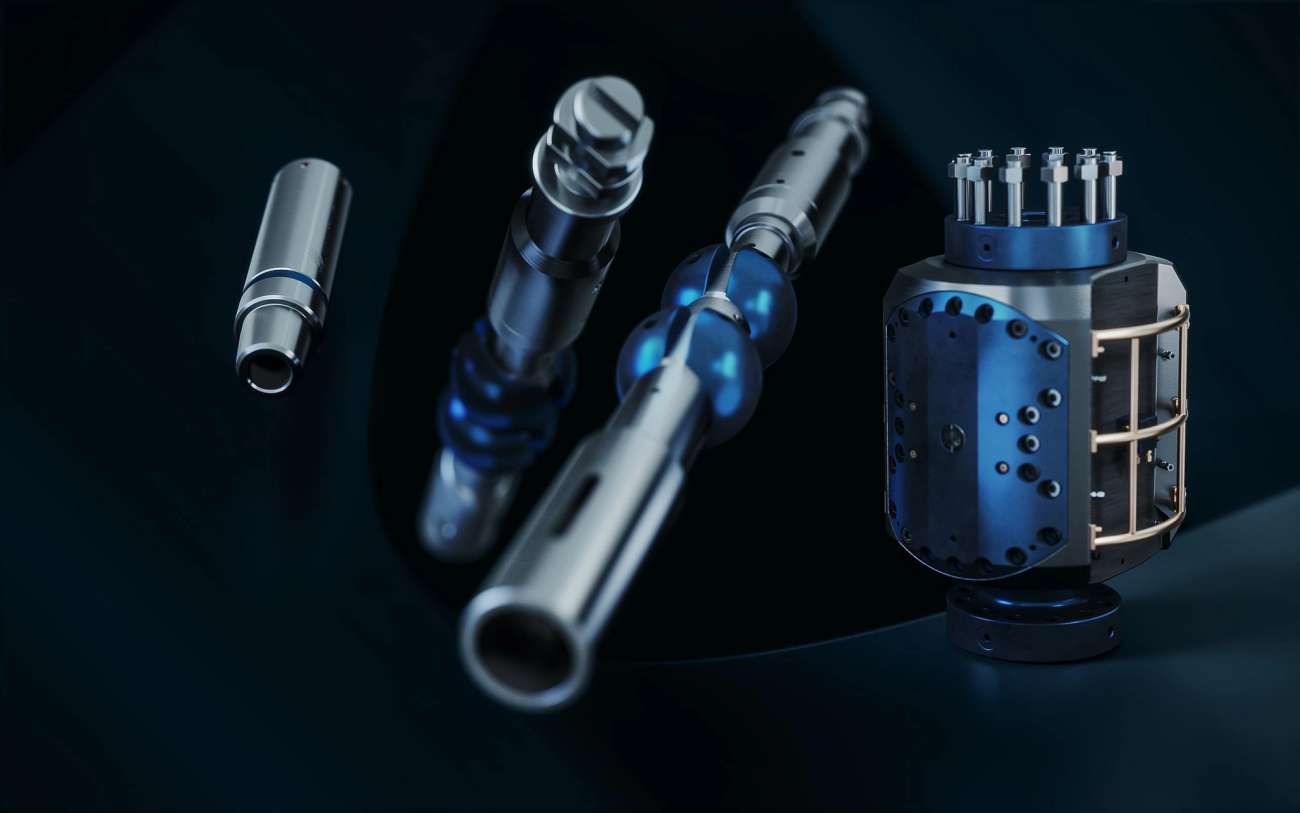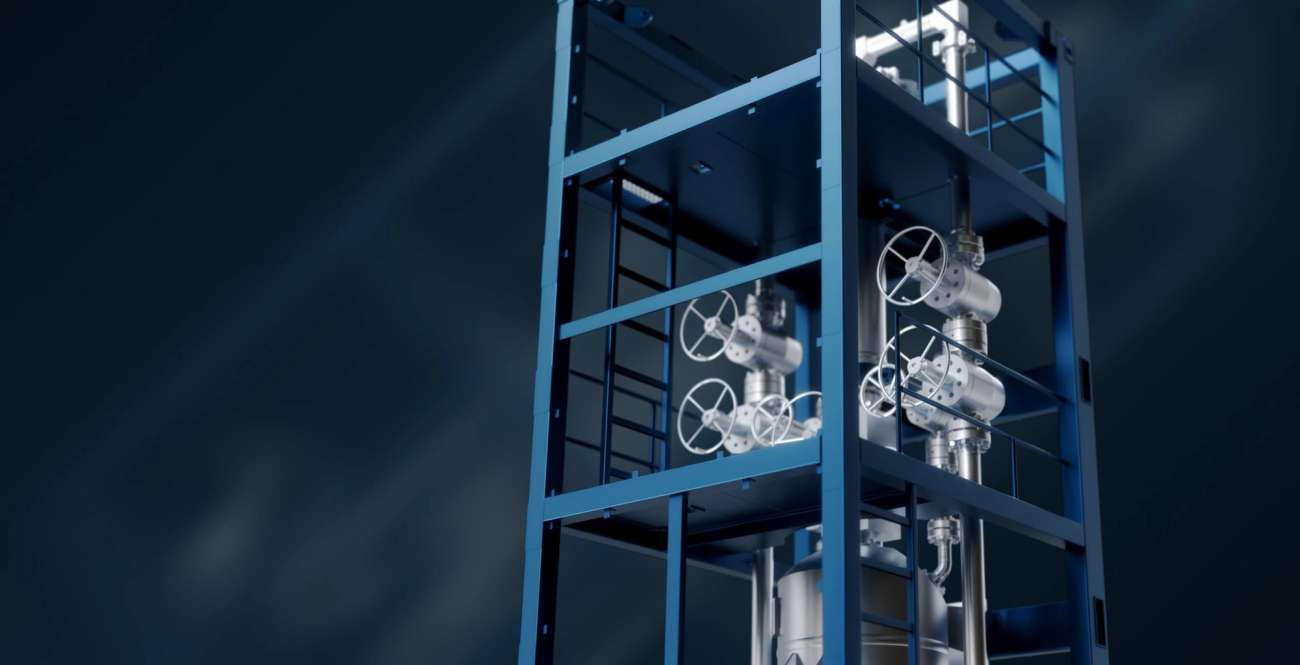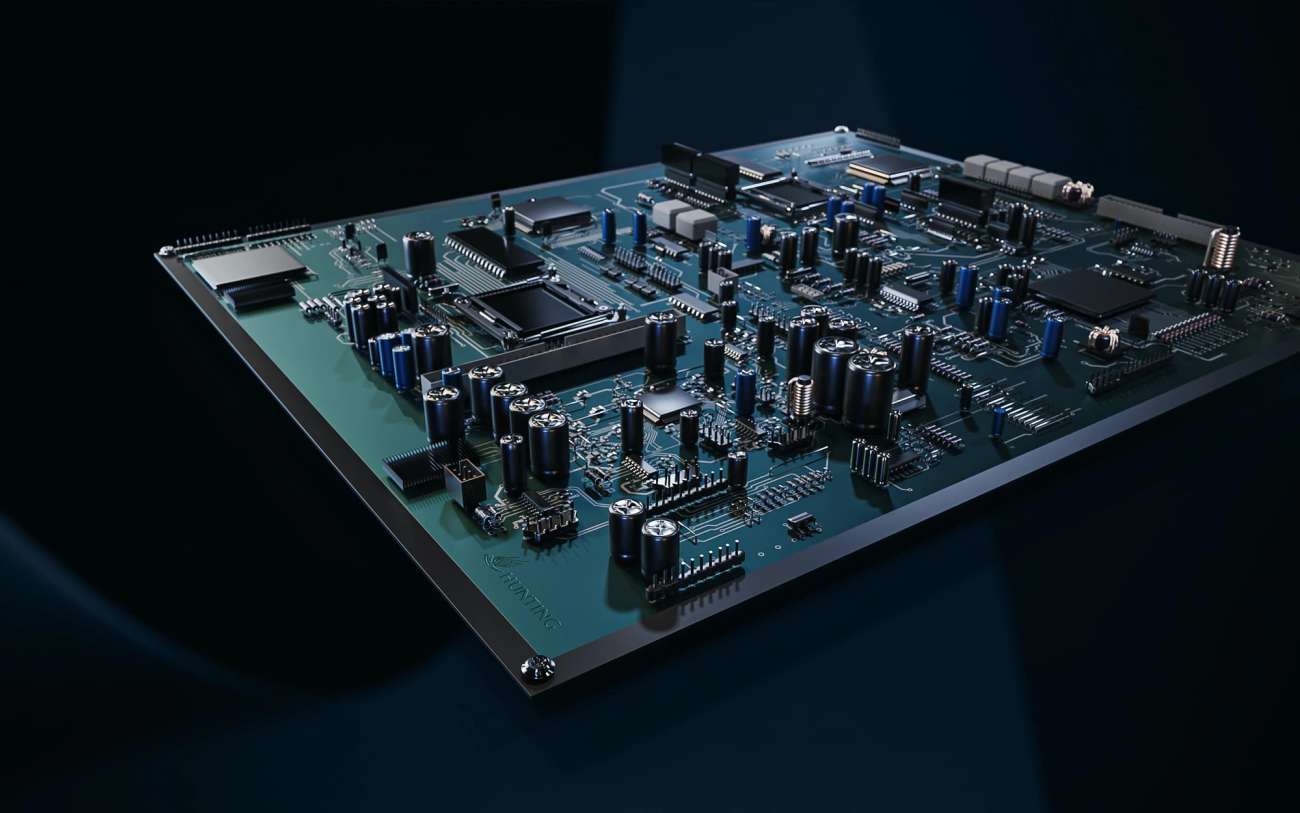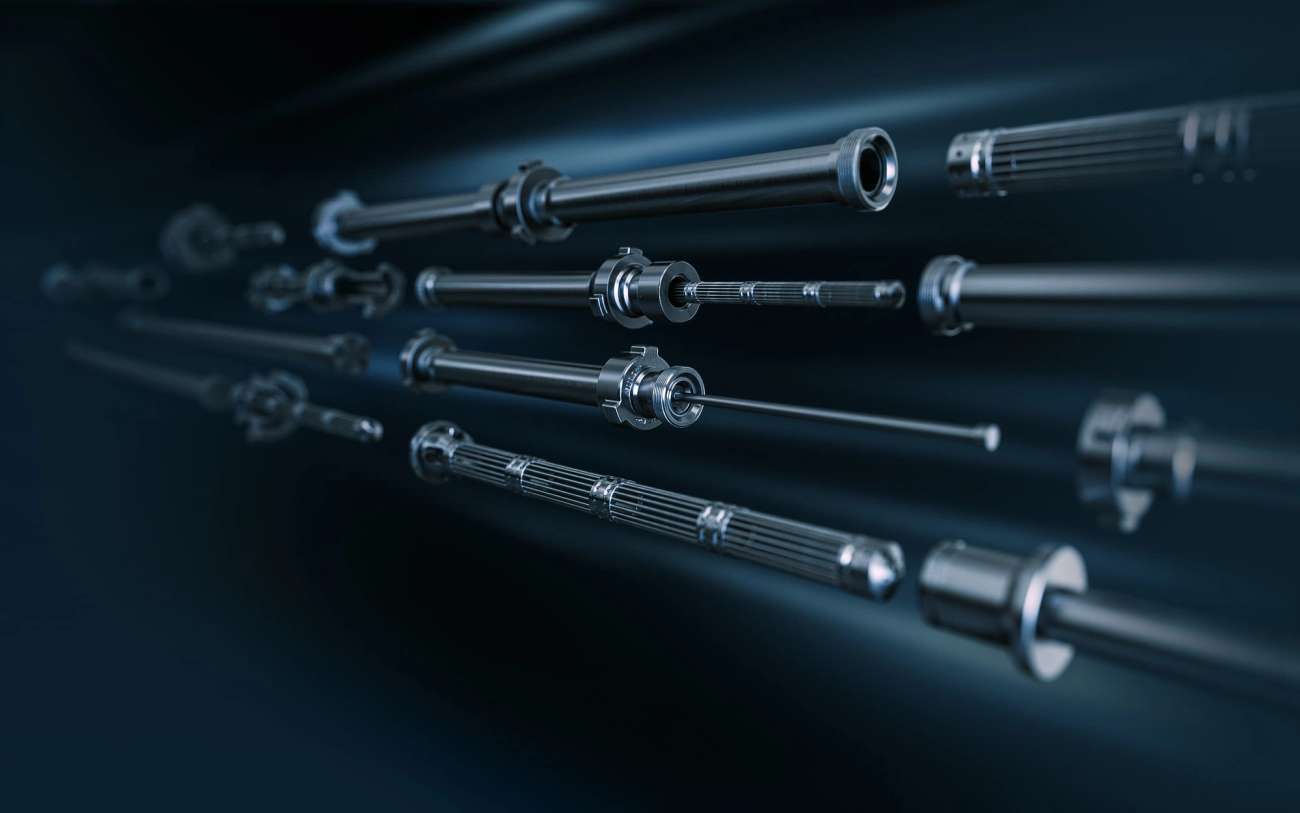
Perforating Gamma Ray/Pressure/Temp/CCL
Hunting’s Gamma Temperature/Pressure tools are a rugged and reliable means of correlation depth control for completion operations
Product summary
Built using Hunting’s proprietary and patented shock mounting technology, Hunting’s Gamma Temperature/Pressure tools are a rugged and reliable means of correlation depth control for completion operations.
Able to withstand extreme shock and impacts encountered in today’s balanced, underbalanced and overbalanced completions, the tool’s design applications include gamma, temperature and pressure surveys; stratigraphic depth correlation; conducting select fire or addressable perforating gun operations, and setting plugs and packers.
High-resolution temperature-compensated pressure and wellbore temperature measurements are continuously transmitted to the surface using digital telemetry. Data acquisition services are available for SDS Warrior and other standard surface systems. Pulse telemetry tests are also available on request.
For operational safety, all Hunting Perforating Gamma Ray tools operate at +50 VDC and are available in both negative fire and dual fire configurations.
Hunting scintillation perforating detector reliability exceeds that found in older Geiger-Muller detector technology.
Features
Compatible with all types of detonators, igniters and firing modules
Easily matched with Hunting’s EBFire® and ControlFire® perforating switches
Hardened CCL’s constructed with strong Alnico 5 magnets
Ruggedized CCL for repetitive perforating operations
Available for various perforating polarity configurations, NF and DF
Larger and more sensitive scintillation detectors
Optional integrated shock sub for additional protection
Patented shock protection technology
Sizes from 1-11/16 in. (42.9 mm) to 2-3/4 in. (70 mm) OD with optional configurations
Perforating gamma ray tool construction with Geiger-Muller detectors available
Benefits
All sensors captured simultaneously in one well trip
Wellbore pressure measurement immediately before and after perforation
Output compatibility with standard surface equipment
Reliable operation in extreme shock environments
Higher logging speed
Reduced maintenance cost due to high MTBF
Improved tool reliability in underbalance and overbalance completion conditions
Accurate real-time wellbore temperature and pressure data
Easier stratigraphic correlation for depth control


